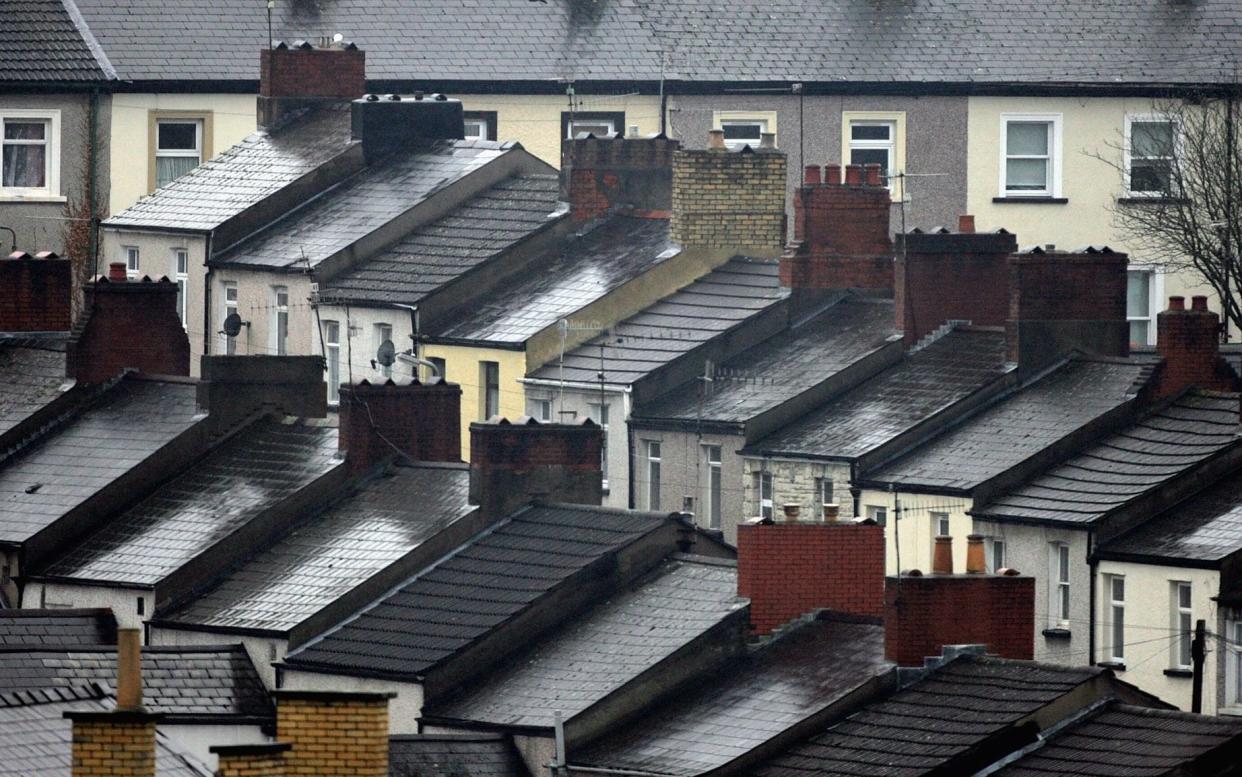Landlords hit by jump in repossessions as interest rates surge

Landlords have been hit by a surge in repossessions as rising interest rates and a tax crackdown hammer buy-to-let investors.
Repossessions of buy-to-let properties rose by 28pc in the first three months of 2023 to reach 410, which was the highest level since the start of the pandemic.
The number of buy-to-let landlords behind on mortgage payments also jumped by 16pc to 7,030.
Landlords are falling into difficulty as interest rates climb rapidly and the Government cracks down on the sector with red tape and higher taxes.
People who rent out properties are no longer able to deduct their mortgage costs from the tax on their rental income.
Landlords also face higher running costs as the Government pressures them to insulate and refurbish properties under net zero targets.
Many landlords have complained that the changes have made their properties unaffordable.
The Government has also been accused of waging a war on landlords after announcing plans to scrap “no-fault” evictions in England.
UK Finance data shows there was also a large rise in homeowners having their properties repossessed at the start of the year.
Residential repossessions rose by 50pc in the first three months of 2023, as rising interest rates and the cost of living hit household finances.
Lenders reclaimed 750 properties from defaulting homeowners at the start of the year, according to UK Finance.
This is the largest figure since the first three months of 2020 and by far the sharpest quarterly increase since then.
Broker Justin Moy of EHF Mortgages said the figure showed that “many families and landlords have succumbed to the relentless pressure of high costs of living and spiralling interest rates.”
The jump in repossessions is likely to continue as the year goes on.
The Resolution Foundation has found that nearly four million households still face increases in their mortgage bills even as interest rates are nearing their peak.
This includes around 1.6 million homeowners who will have to pay an additional £2,300 a year as their fixed rate deals expire, costing them an extra £5bn collectively.
The Bank of England has raised rates 12 consecutive times since late 2021, bringing the base rate to 4.5pc.
Governor Andrew Bailey this week warned that bringing inflation down could take longer than expected, meaning rates would have to stay higher for longer.
Samuel Mather-Holgate of advisory firm Mather & Murray Financial said: “This unfortunately means there is more bad news to come.”
The Financial Conduct Authority has warned that the number of financially stretched mortgages could reach 356,000 by June 2024, up from 45,000 last June.


